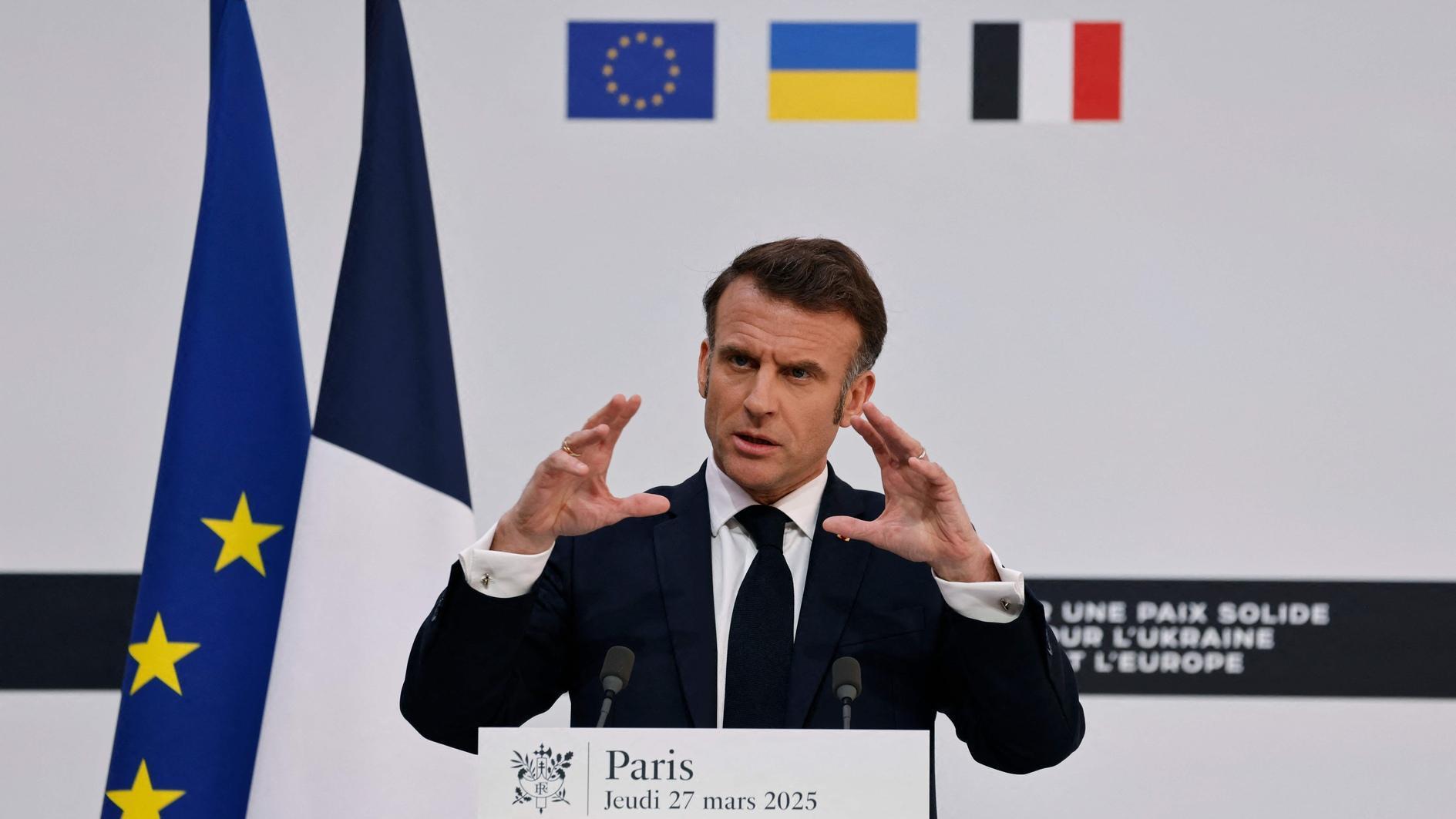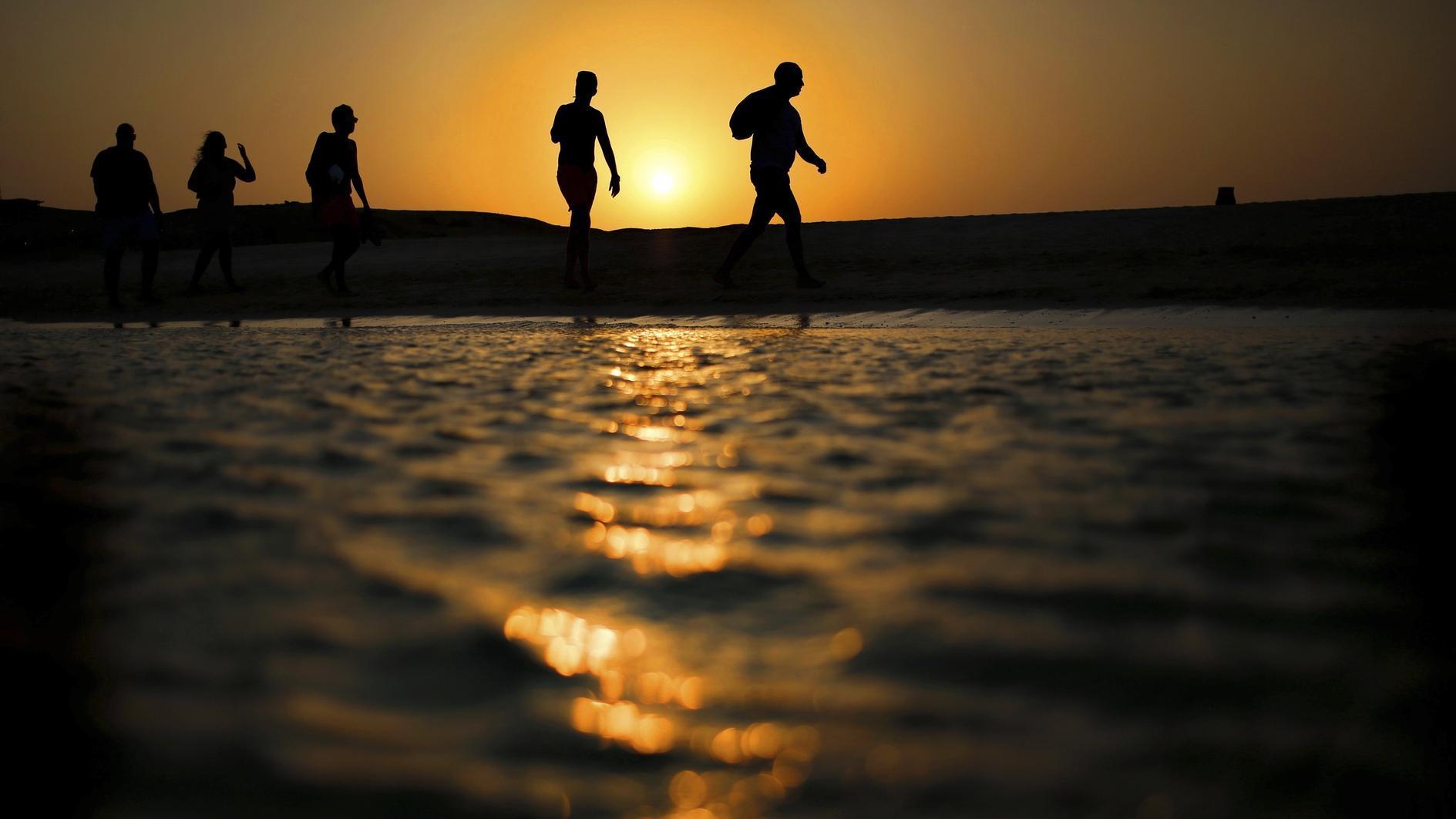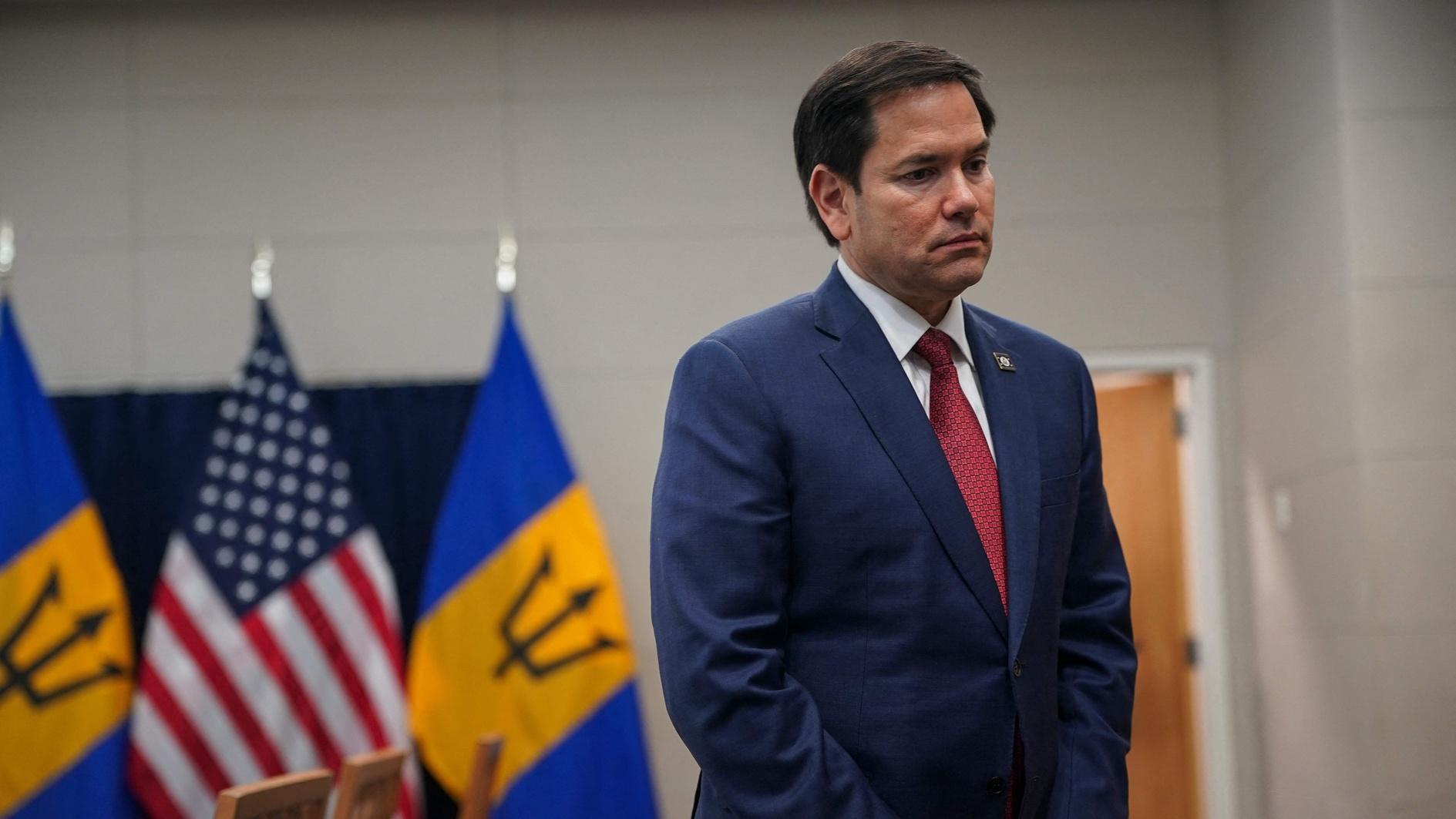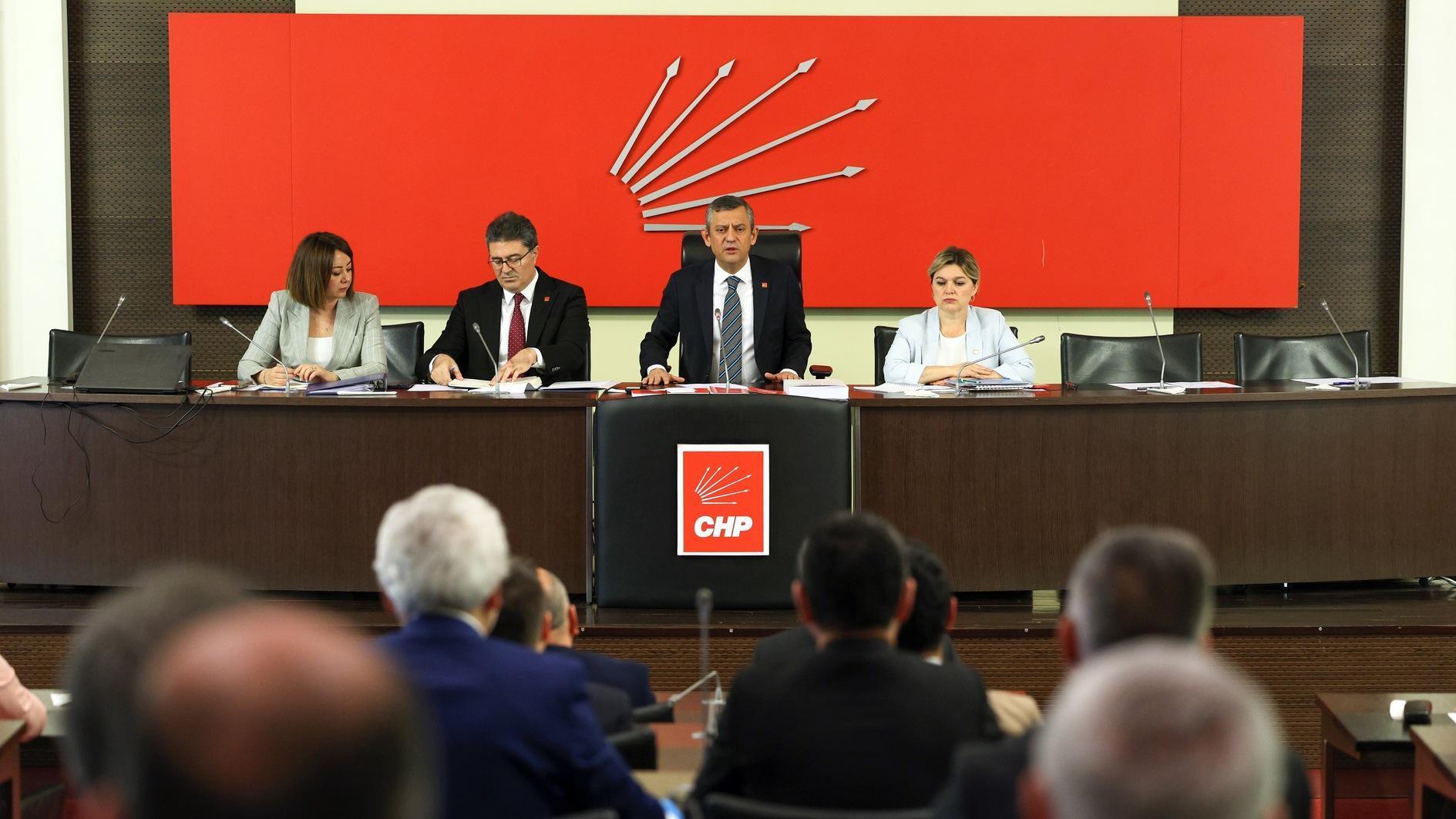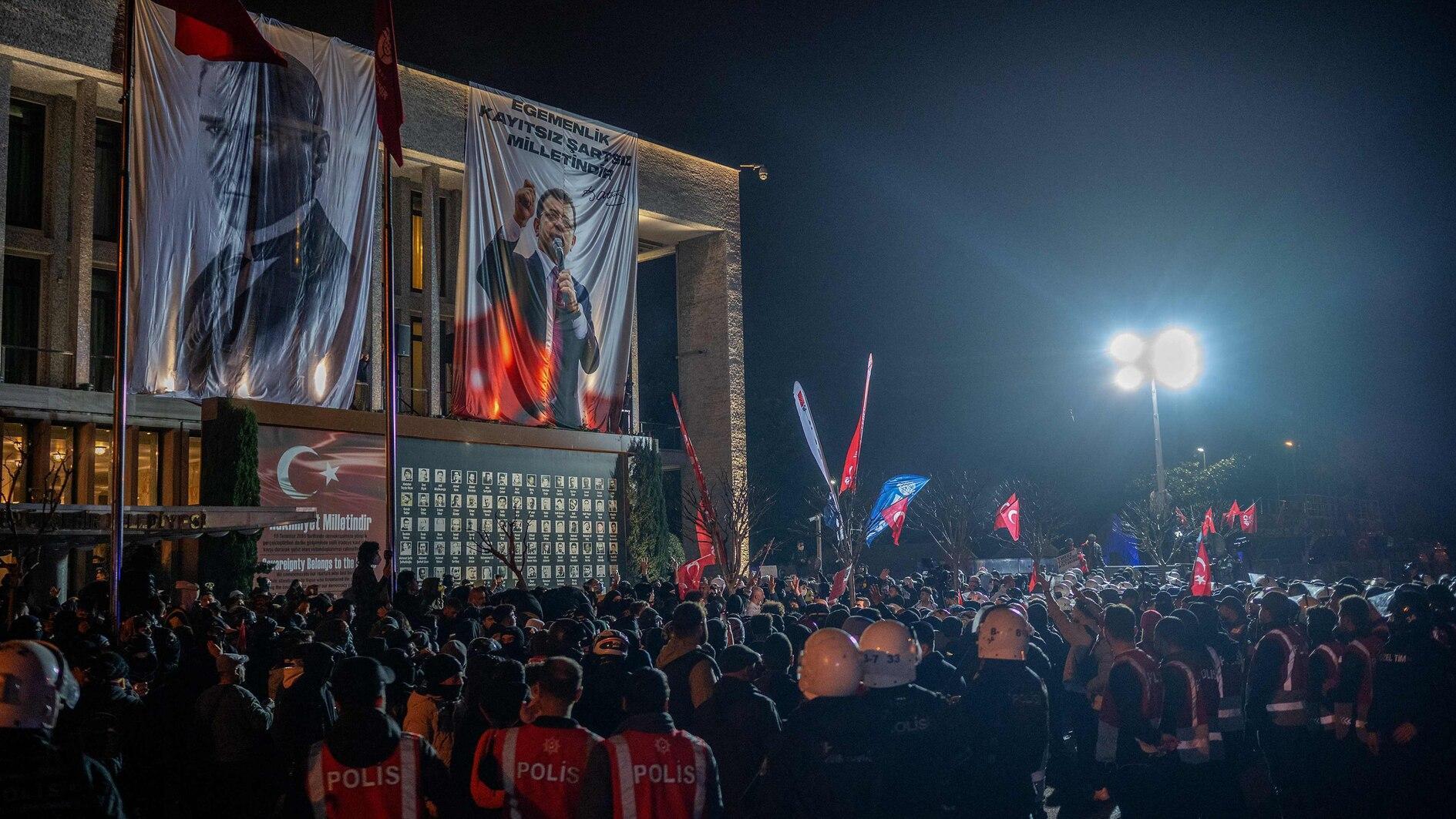Al-Qaeda group and FSA declare truce as Turkey keeps Syria border gate closed
KİLİS / AZAZ
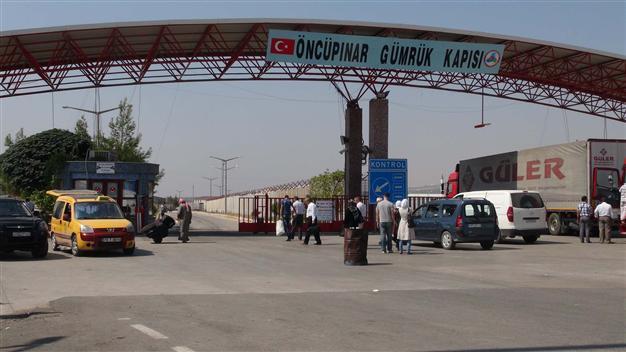
Turkey has closed Öncüpınar border gate to Syria after an al Qaeda-affiliated rebel group clashed with units of the Arab- and Western-backed Free Syrian Army. DHA photo
Turkey has temporarily closed its Öncüpınar border gate in the southeastern province of Kilis, after fighting between Syrian rebels and an al-Qaeda front group in the northern town of Azaz.Al-Qaeda front group the Islamic State of Iraq and the Levant (ISIS) and rebels of the Free Syrian Army (FSA) declared a truce Sept.20 after two days of clashes near the Turkish frontier.
The agreement called for an immediate ceasefire, the release of prisoners and for a dispute over control of the border post with Turkey to be referred to a rebel court.
Azaz, on the Turkish border, was one of the first towns to be overrun, in July 2012, by FSA rebels, who set up their own administration there.
The Öncüpınar crossing in Turkey’s Kilis province sits opposite the Syrian Bab al-Salameh gate, around five kilometers from Azaz.
“It is a temporary measure,” a Turkish diplomat speaking on condition of anonymity told the Hürriyet Daily News, confirming that the Öncüpınar gate had been closed. “At this stage, it has been closed as a precaution because of the mobility on the other side of the border.”
Kilis Gov. Süleyman Tapsız, meanwhile, said the border gate had been closed to everything apart from vehicles carrying humanitarian aid.
Earlier in the day, Foreign Ministry spokesperson Levent Gümrükçü told reporters at a press conference that there was no clash near the border area close to Turkey.
The same Turkish diplomat confirmed that no clash near the Turkish side of the border had yet been reported as of late afternoon on Sept. 19. “However, there is an ongoing clash on the other side,” he added, indicating the possibility of an expansion of clashes.
The fighting in Azaz began when ISIS fighters tried to kidnap a German doctor working there, according to the Syrian Observatory, which also said he is now in a safe location. “There are attempts to mediate between the factions. Azaz is home to many people who fled [the nearby city of] Aleppo,” observatory director Rami Abdel Rahman told Agence France-Presse. “They want to live in a safe place, not one where anything that moves gets sniped.”
Tensions between some opposition groups and ISIS have spiraled in recent months, especially in northern Syria, where opposition forces control vast swathes of territory.
Several local groups resent ISIS’ growing territorial control, its steady supply of arms, as well as its brutality, which opponents often compare to that of the regime. ISIS, on the other hand, accuses some rebels affiliated with the FSA’s Supreme Military Command of collaborating with the West, and of being “heretics.”
“By taking Azaz, the Islamic State is a step closer to controlling the crossing. Its objective seems to be taking over the whole countryside north of Aleppo,” activist Abu Louay al-Halabi said. Another activist, Abdallah Tareq, said the violence had undermined efforts to capitalize on the relative weakness of President Bashar al-Assad’s forces in the north of the country.
“Every rebel group is suspicious of each other and the regime has been good at exploiting this. Not only we have been seeing fighting between the Free Syrian army and al-Qaeda, but also among the Free Syrian Army itself and jihadists against jihadists,” he said.
Al-Assad, in an interview with U.S. network Fox News, insisted Syria was not gripped by civil war, but was the victim of infiltration by foreign-backed al-Qaeda fighters.
“What we have is not civil war. What we have is war. It’s a new kind of war,” he said, alleging that Islamist guerrillas from more than 80 countries had joined the fight.
“We know that we have tens of thousands of jihadists ... we are on the ground, we live in this country,” he said, after an expert report that suggested between 40 and 45 percent out of around 100,000 rebels were jihadists or hardline Islamists.
“What I can tell you is that ... 80 to 90 percent of the underground terrorists are al-Qaeda and their offshoots,” the president said.


